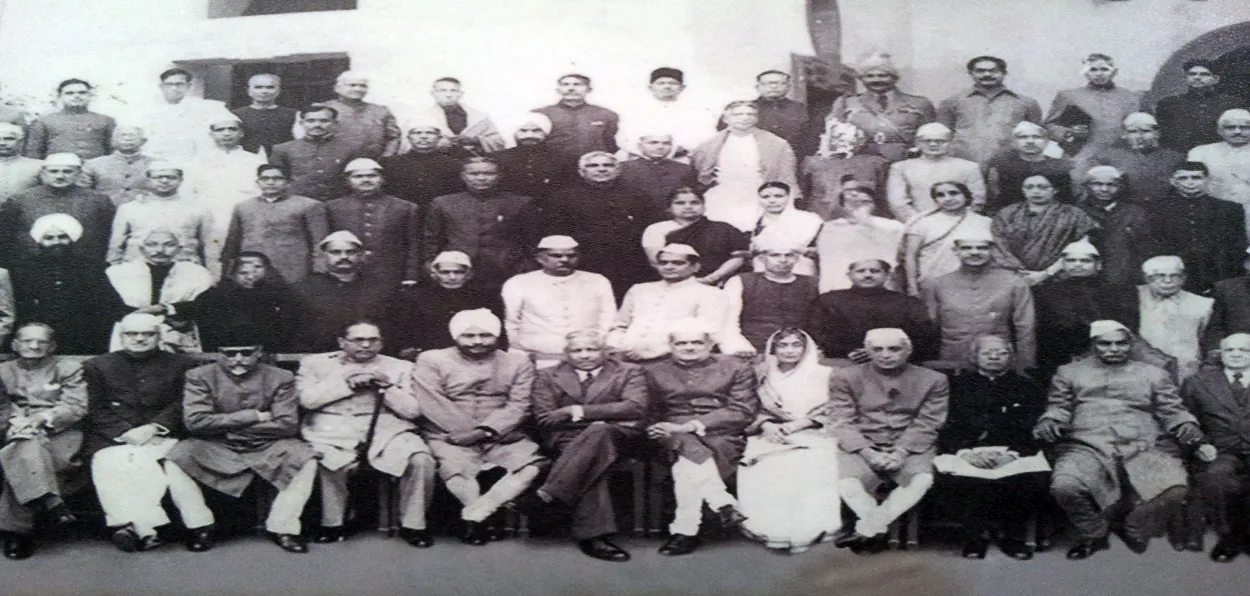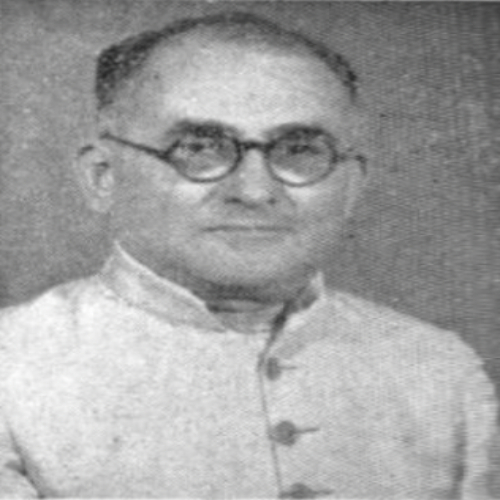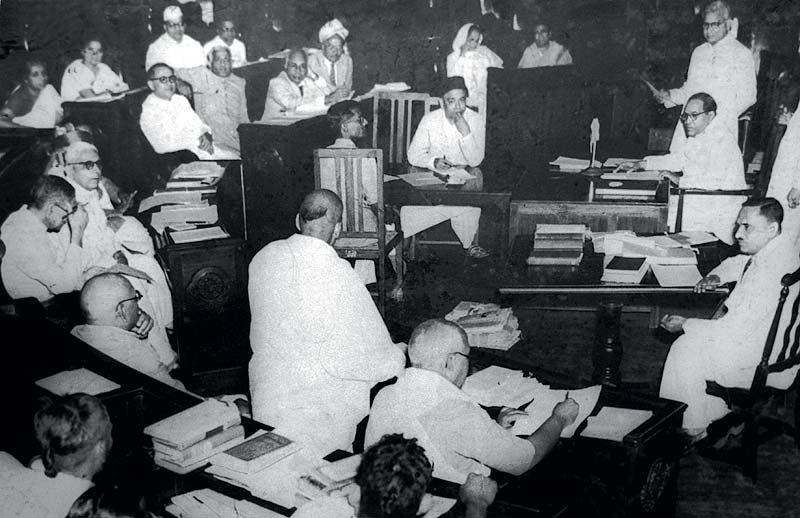INDIA:

“We are Indians first and we are all Indians and will remain Indians. We shall fight for the honour and glory of India and we shall die for it. (Applause). We shall stand united. There will be no divisions among Indians. United we stand; divided we fall. Therefore we do not want a reservation. It means division. I ask the members of the majority community who are present here today: Will you allow us to stand on our legs? Will you allow us to be a part and parcel of the nation? Will you allow us to be an equal partner with you? Will you allow us to march shoulder to shoulder with you? Will you allow us to share your sorrows grief and joy? If you do, then for god’s sake keep your hands off reservation for the Muslim community.” Tajamul Hussain of Patna told this to the members of the Constituent Assembly in 1949.
The speech was a befitting reply to the erstwhile rulers of India, the British crown, and the Muslim League. When the Constituent Assembly was formed, in 1946, to frame a constitution of India, the whole exercise was criticised by the colonial rulers and Muslim League alike.
The case made against the assembly was that it was not a representative body of all Indians. To some extent, the allegation was true. The elections were not held under the Universal Adult Franchise; members were not directly elected. Moreover, seats for Muslims, Sikhs, Parsis, Anglo-Indians, Europeans, and Princely States were fixed. Muslims would vote among Muslim candidates, Hindus among Hindu candidates, and so on.

To make matters worse for the nationalists, the British-backed Muslim League won 73 out of 78 seats reserved for Muslims even when Congress secured 205 of the total 296 seats. Jinnah-led League boycotted the assembly and thus claimed that the Constituent Assembly was a Hindu body where only 4 Muslims (all Congress members) were present. The British Prime Minister Winston Churchill also called the assembly a ‘Hindu body’.
The British government tried to paint the Indian Constituent Assembly as anti-Muslim. It said, “Should a constitution come to be framed by a Constituent Assembly in which a large section of the Indian population had not been represented, the British Government could not, of course, contemplate…..forcing such a constitution upon any unwilling parts of the country.”
Sir Stafford Cripps also expressed a similar opinion when the Muslim League boycotted the assembly. The argument was far from the truth. It was a boycott only by the Muslim League and not by the Muslim community.
In July 1947 after the Partition was finalised at least 27 Muslim members, originally elected on the Muslim League tickets, joined the assembly. They decided not to go to Pakistan and Indian leaders welcomed them.
Naziruddin Ahmad, a former Muslim League member, while joining the assembly declared, “There was no need for any doubt whatsoever regarding the fact that we have come here as loyal and law-abiding citizens of India.” Interestingly one such Muslim League member was later included in a seven-member drafting committee chaired by Dr. Bhim Rao Ambedkar.

Several Muslim members like Maulana Abul Kalam Azad, Mohammed Sadulla, Hasrat Mohani, B. H. Zaidi, B. Pocker Sahib Bahadur, etc. played significant parts in the deliberations of the Constituent Assembly. They were members of several committees, moved amendments, brought resolutions, and debated matters of importance. These members made their presence, and in turn of Muslims, felt in the assembly.
Muslim members raised their voices for the integration of the country. The shock of partition was great and they wanted to give a message that Muslims are as much citizens of India as other community members are.
Hasrat Mohani told the assembly, “Why do you call the Muslims a minority? They can be termed as a minority only when they function as a communal body. So long as Muslims were in the Muslim League, they were in a minority. But if they elect to form a political party without any restriction leaving it open to any community, then you should remember that whenever political parties are formed, the Muslims would fight by forming coalitions. Therefore, I say that Muslims would not like to be called a minority. To say that Muslims are in the minority is to insult them. I cannot tolerate this even for a moment.”
B. H. Zaidi, who represented Rampur, also argued against any special treatment for Muslims. He felt that it would further alienate Muslims from the mainstream. In the assembly, he said, “There has been no occasion in the history of India when the Hindus have persecuted a minority” and affirmative action should be based on economic disparity. He said, “There is one minority in this country which has always been, and which is existing in every country, and will go on existing, and that is the minority of the good and the just, of the people who are humane and liberal-minded, and who work for the regeneration of mankind and the progress of humanity. There is that minority today in this country, and to that minority Sardar Patel and the Prime Minister of India, and you sir, who adorn the Chair, belong, and the Members of this House.”
In the Constituent Assembly Muslims contested the ideas of minority, reservations, and exceptionalism on different occasions. There is no denying that a few Muslims under the leadership of Mohammad Ali Jinnah partitioned India, but it is also a fact that several Muslims played their roles in making India a democratic republic.
source: http://www.awazthevoice.in / Awaz, The Voice / Home> Stories / by Saquib Salim / January 25th, 2024








